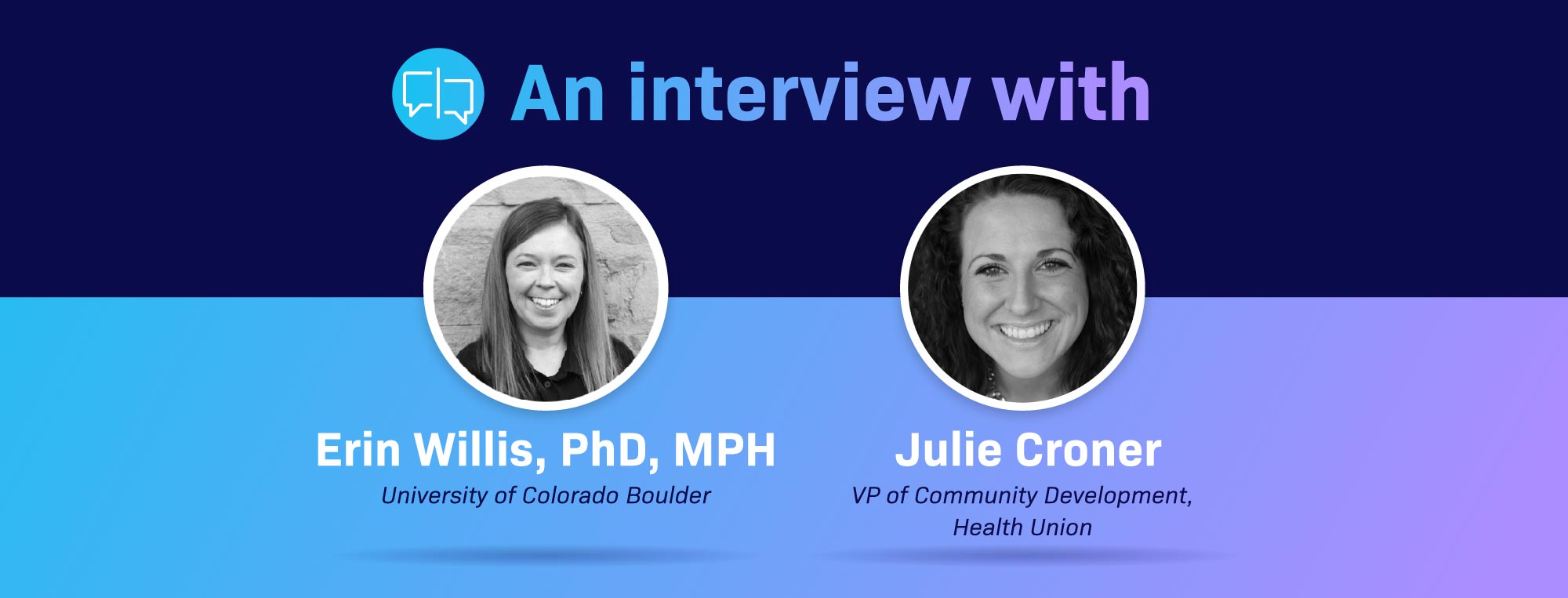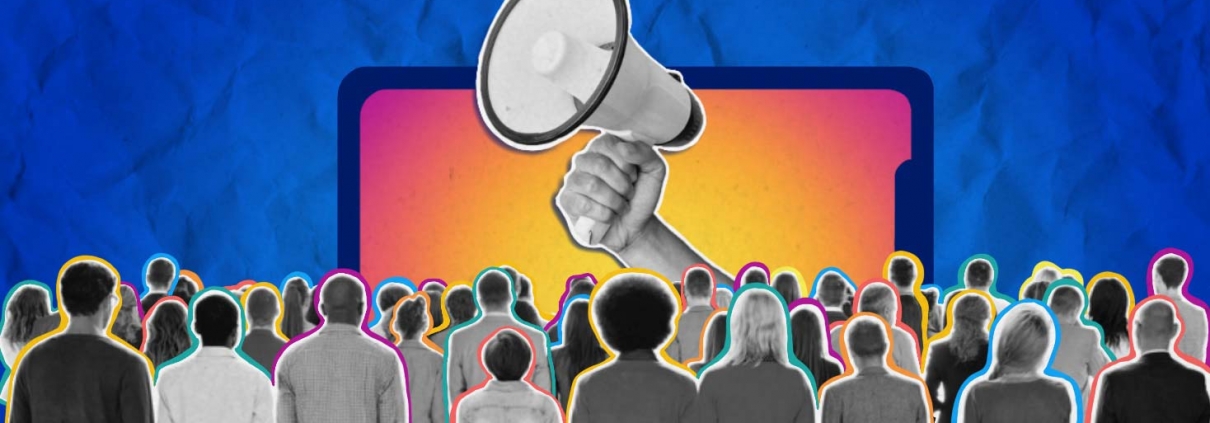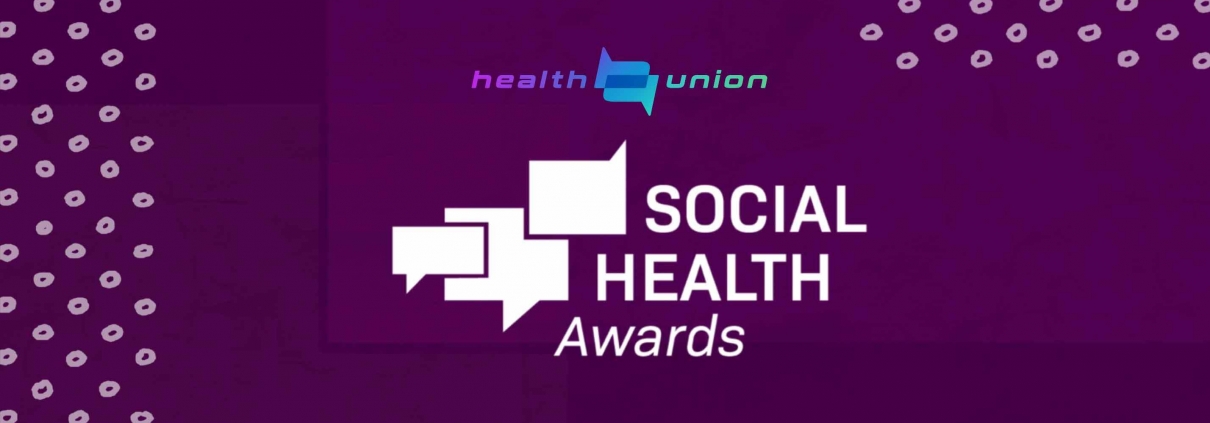Just like with traditional direct-to-consumer advertising, the phenomenon of “patient influencers” raises ethical questions that need more investigation. In a way, patient influencers are interactive health education agents who may also share prescription medication and/or pharmaceutical information. They can break down complex health information based on expertise and experience and mitigate the loneliness and isolation that other patients may feel without the support of a community, but should also be aware of the potential risks that can come with these interactions.
What surprised you about the findings?
I think I was most surprised by the seriousness with which the “patient influencers” thought about their job as an influencer and a patient leader. Some of these “patient influencers” treated their work on social media like a business, creating a communication strategy and actively trying to grow their personal brand. Others felt compelled by their own experience to share health information so that other patients had a better experience. All of the “patient influencers” wanted to help others live better lives. It’s also worth noting that not all participants were interested in working with pharmaceutical companies. Additionally, the sample was relatively small and because many of the interviewees were referred to me via Health Union’s Social Health Network, they likely skew to the responsible side.
In what way did your perception of Patient Leaders change?
I think that “patient influencers” are an undervalued tool for health education and promotion. There seems to be a lot of opportunities for collaboration. If “patient influencers” are truly influential in their communities of followers, self-management might improve among different disease populations, which ultimately could reduce the disease burden. Part of living with a chronic disease is learning how to manage the disease symptoms in a way that allows patients to live their highest quality of life. Our research demonstrates that patient influencers help facilitate self-efficacy for other patients to talk to their physicians and seek a high quality of life.
We know that the internet is full of misinformation and people who aren’t following FTC guidelines for promotion. The results from your research were very different from this. What do you make of that?
It is clear to see that there is a wide spectrum of patients talking about their experiences on social media. The participants in this study saw themselves in a more professional light, taking patient safety and FTC regulations into account as an important way to maintain credibility. Transparency was important to the participants, and they all agreed they wanted to share the most up-to-date factual information. The findings of this study vary greatly from what may be observed in a more general space, where there’s less consistent disclosure and less focus on medication safety or avoiding medical advice.
“It’s more like, Don’t give other people medical advice. You can share what’s worked for you, but no one here is a health professional so you can’t say, “Oh, you shouldn’t be taking 25 milligrams of that, you should be taking 50.” Talk to your doctor. We have rules about things when it comes to talking about treatment stuff.”
In most instances, doctors act as gatekeepers to prescription medications and pharmaceutical treatments. Therefore, if “patient influencers” are encouraging other patients to talk to their doctors about a prescription medication, or requesting a certain drug – the doctor still must ultimately approve and prescribe the medication. Research needs to investigate the influence of “patient influencers” on prescribing practices.
There is always a risk when it comes to social media. More counterfeit medications are being sold online, especially on social media. Additionally, we have to remember that pharmaceutical companies are still interested in earning a profit. We don’t know the effects of “patient influencers” and so I think it’s important that more work be done in this area.
In what ways do you think Patient Leaders can best help their followers?
These “patient influencers” have the best intentions, wanting to help other patients in their disease journey. The emotional and informational support is an invaluable resource for other patients. “Patient influencers” are a resource for other patients, connecting and directing.
What are common pitfalls Patient Leaders should be aware of (and try to avoid)?
I think it’s important to recognize that everyone experiences disease differently, and that doctors are the medical experts. But, I also believe in the power of patients, and think that exchanging information is beneficial to health outcomes. These “patient influencers” should be aware of the FDA and FTC regulations related to pharmaceutical marketing and social media. It is also important to be cautious when engaging in private messaging with followers – this might be a space where it’s harder to maintain the same level of standards based on the fluid nature of conversation. In every instance, I think it’s important to know the limitations of patient experience, and where medical advice is needed.
Also, for consumers, it is important to examine content critically, and ensure that you are checking sources and talking with your physician.
In recent media coverage of your research, reporters used the weight loss influencers on TikTok recommending Ozempic as an example of “patient influencers hawking prescription drugs online.” How can Patient Leaders more clearly differentiate themselves from the less responsible “influencers” on social media?
This is tricky because it’s a very crowded space, and it’s often difficult for consumers to know the difference. The participants in the study discussed wanting to help other patients avoid negative experiences or lead better lives. Many talked about their reputation and the importance of providing factual information and resources to other patients, that they as a patient leader felt responsible for helping others. Social media offered an outlet for them to reach more people who might need help.
So, I think it’s about being consistent in the quality of information that is shared with followers, and always erring on the side of caution and being honest and transparent with sponsored relationships and/or paid content.
Based on your research, what advice do you have for brands working with Patient Leaders? What advice do you have for Patient Leaders working with brands?
Be ethically aware. Continue to maintain a keen focus on patient safety in all interactions, avoiding medical advice and maintaining the highest standards for transparency. Transparency creates trust and builds healthy relationships. Not only with brands and organizations, but with communities and followers.


 By Julie Croner, VP Community Development
By Julie Croner, VP Community Development

